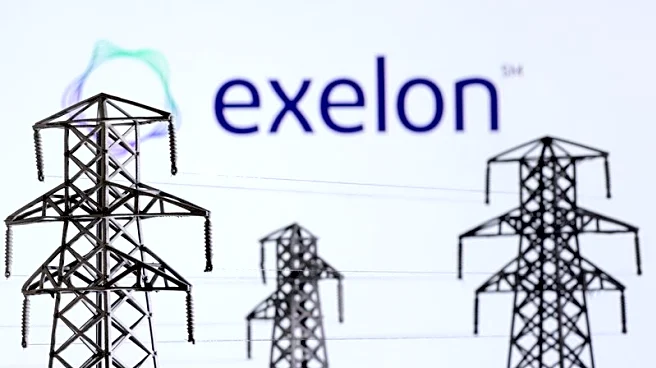What's Happening?
President Trump's second term has brought significant changes to labor and employment policies, with implications for employers and workers. The administration has targeted diversity, equity, and inclusion programs, and is revisiting overtime regulations and worker classification rules. Federal agencies face challenges due to leadership changes, while states respond with laws to protect workers. The administration's focus on deregulation and technological competitiveness impacts AI-related employment laws.
Why It's Important?
These policy shifts have broad implications for employers, affecting compliance and risk management. The changes in DEI programs and worker classification rules could alter workplace dynamics and employee rights. The evolving regulatory landscape requires employers to adapt and stay informed. The administration's approach to immigration enforcement and AI regulations further complicates the employment environment, impacting labor markets and technological innovation.
What's Next?
Employers must monitor developments in labor policies and prepare for potential legal challenges. The administration's actions may lead to increased scrutiny and enforcement, requiring vigilance in documentation and compliance. States may continue to enact laws countering federal policies, creating a complex regulatory environment. The focus on AI regulations will necessitate flexible and evolving ethics policies.
Beyond the Headlines
The administration's deregulatory stance raises questions about the balance between competitiveness and worker protections. The impact on marginalized communities and the potential for increased inequality warrant attention. Employers must navigate these challenges while fostering inclusive and equitable workplaces.










